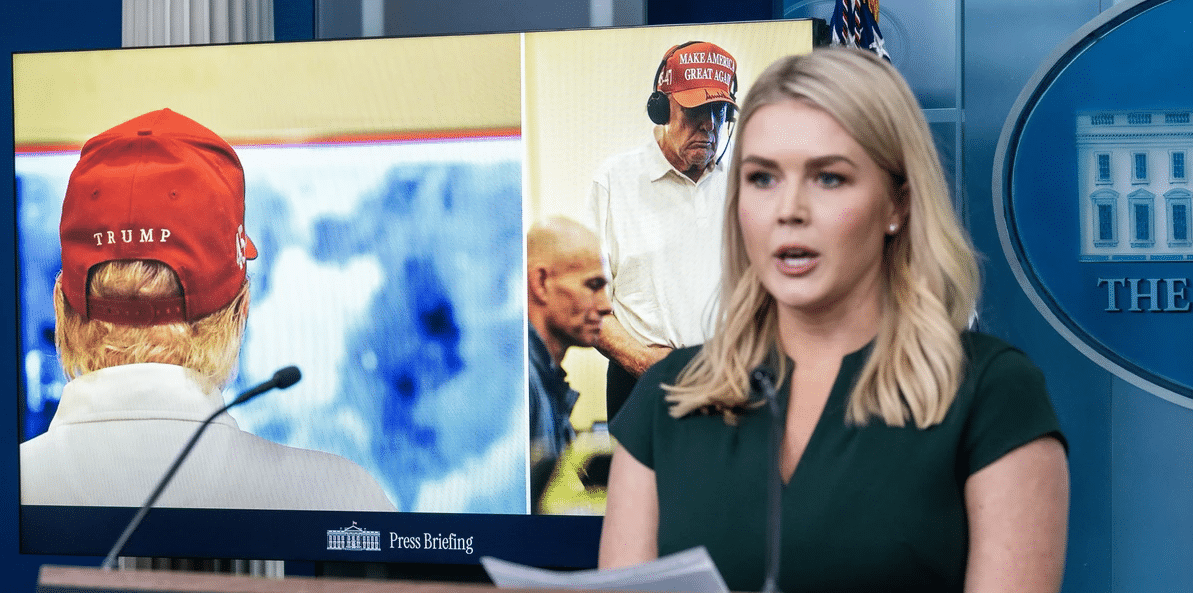For Americans who still think that Donald Trump is an advocate of realism and restraint in foreign policy, the events in Yemen should come as a rude awakening. Unfortunately, the most prominent indicator enabled the president’s political opponents to evade their own share of the blame for the tragic events in that country. Revelations that members of Trump’s national security team had conducted a discussion of highly classified information about war plans in Yemen over an insecure system exploded in the news media last month. One official, apparently National Security Advisor Mike Waltz, had even inadvertently invited Jeffrey Goldberg, editor of the Atlantic, to join the chat. The resulting “Signalgate” scandal dominated the news cycle for the next two weeks.
The dominant focus of most news stories about the episode was both revealing and depressing. Critics vehemently denounced the Trump team for an egregious inability to keep the Yemen war plans secret. Few journalists or members of Congress condemned the participants in the chat for planning an unconstitutional war. There was no hint that President Trump planned to seek a formal declaration of war as required by the Constitution. Instead, the principal officials intend to continue the illegal practice of waging presidential wars that has become the norm since the end of World War II.
Indeed, a new phase of the conflict with Yemen was already well underway. Vice President J. D. Vance boasted to the other participants in the chat that U.S. forces had located a “terrorist leader” (i.e. a high-level military official of Yemen’s Houthi rebel government) and would be taking him out. Indeed, the U.S. launched an air and missile attack on the apartment complex where the official was visiting his girlfriend. The collateral damage included the collapse of the building along with extensive casualties. Notably, very few administration critics bothered to criticize the Trump foreign policy team for such conduct.
Matters have grown worse since that episode. On April 17, U.S. forces conducted an even larger assault on a civilian port in Yemen. This time, more than 80 people, mostly civilians, perished. And once again, there was silence from critics who have denounced the Trump administration for everything from the ill-treatment of immigrants, to harassment of law firms linked to the Democratic Party, to the White House’s efforts to downsize the federal bureaucracy.
Bipartisanship about waging brutal, unconstitutional wars, though, apparently remains thoroughly intact. Given the long history of pro-war views on Yemen in both parties, one should not be especially surprised that there would be no meaningful dissent regarding Washington’s current belligerence toward that country. When Saudi Arabia first intervened in Yemen’s simmering civil war in 2015, Barack Obama’s administration gave full backing to its ally and the coalition that Riyadh led. Washington supplied weapons to the Saudi-led forces, shared military intelligence with those forces, and helped to refuel coalition warplanes. Most of that support continued through both Trump’s first term and Biden’s presidency.
The U.S. meddling helped produce one of the worst tragedies in the perennially troubled Middle East. In the years that followed during the Obama, Trump, and Biden administrations, the people of Yemen suffered from famine, a cholera epidemic, and the chronic infliction of military casualties. Even when the fighting subsided from time to time, the respites were relatively brief. Before Trump took office for his second term in 2021, the Biden administration had launched a new wave of attacks on Houthi targets because the Yemini regime condemned Israel for its war crimes in Gaza and harassed Western shipping passing through the Red Sea.
The Trump administration’s decision to reignite full-scale warfare in Yemen is horrifying and immoral. To do so without a declaration of war is also unconstitutional. For administration critics to condemn officials for insufficient skill in concealing such illegal and immoral conduct but not to denounce the conduct itself is disgraceful.
Reprinted with permission from Antiwar.com.

